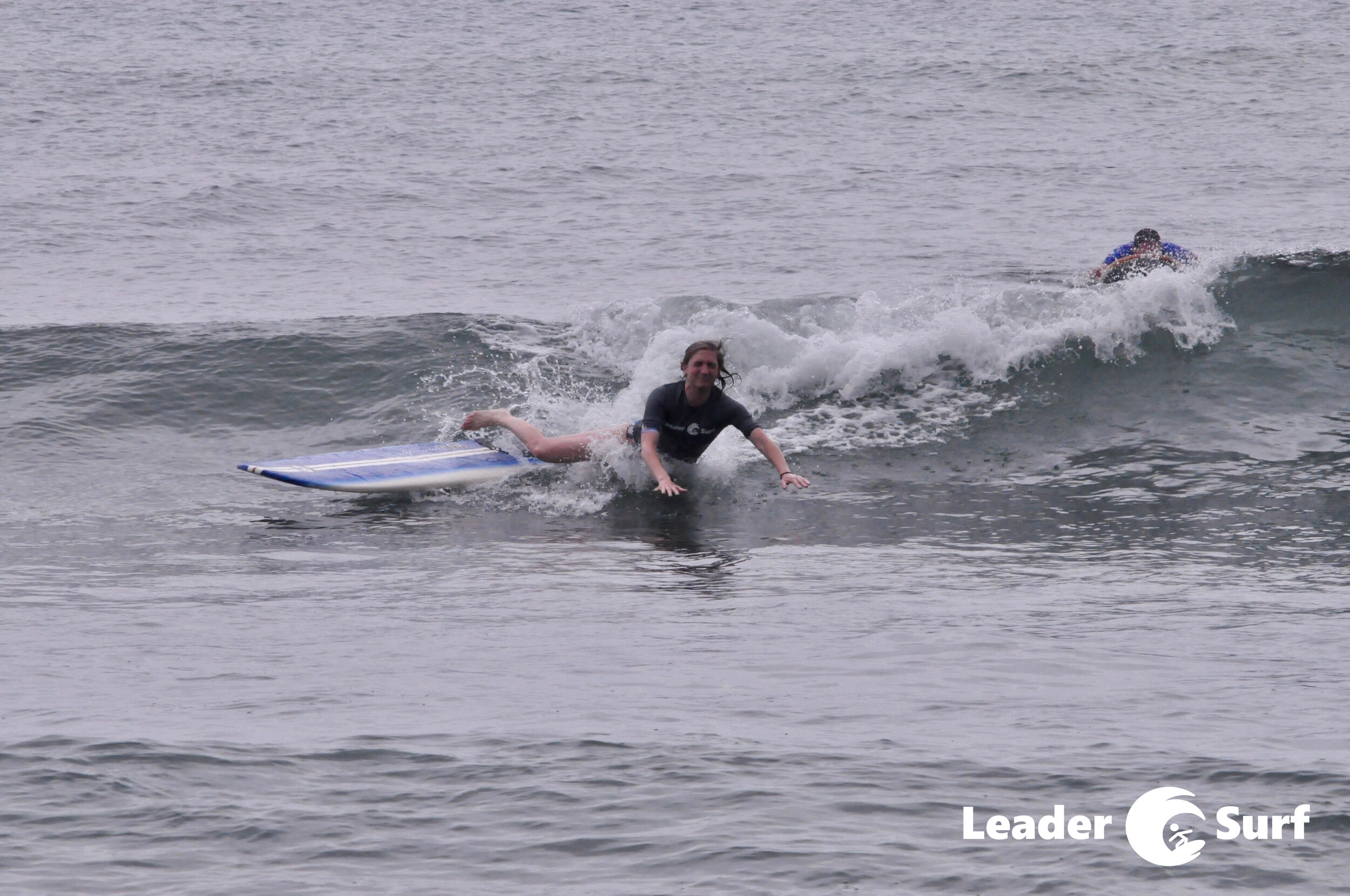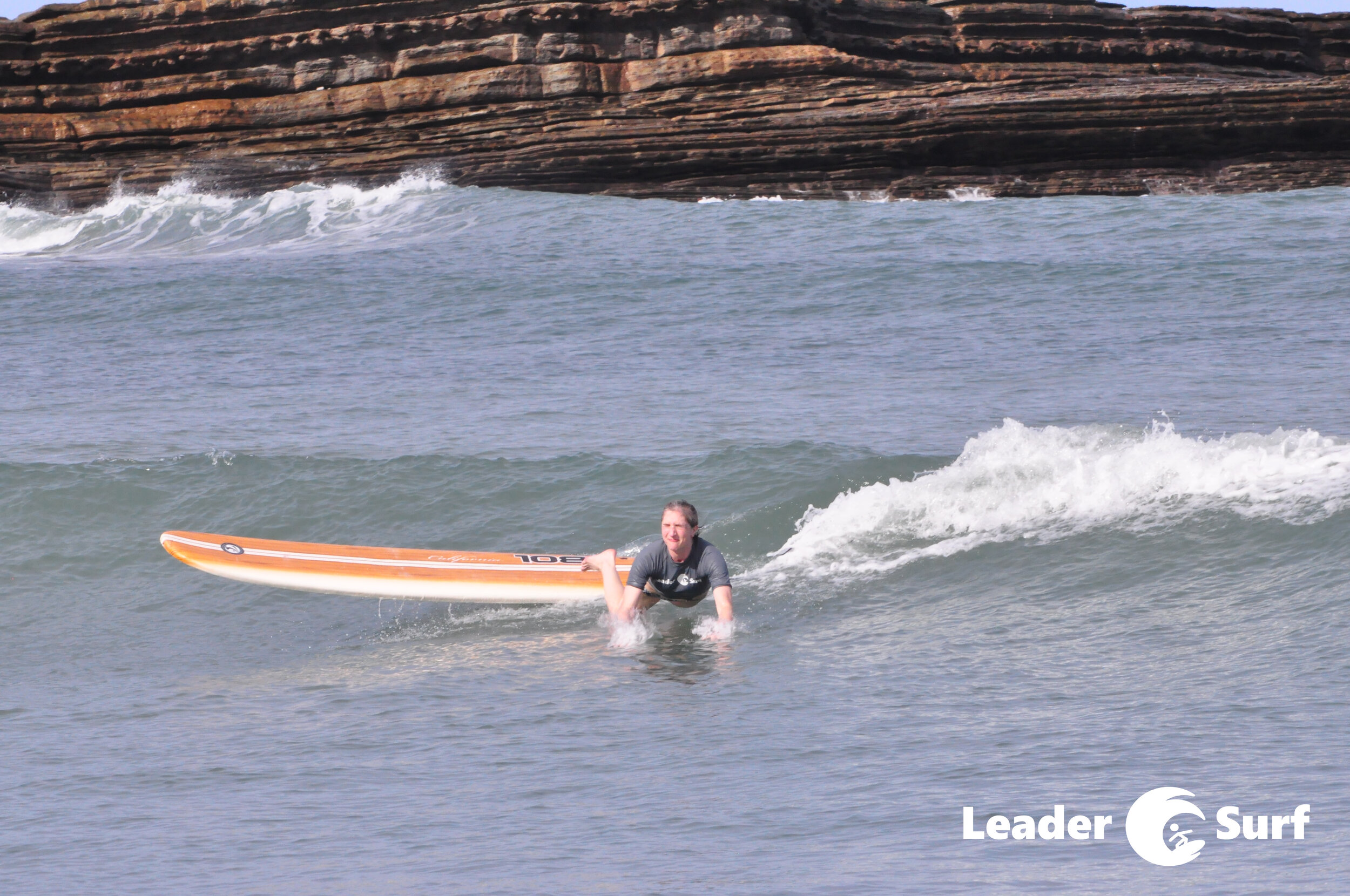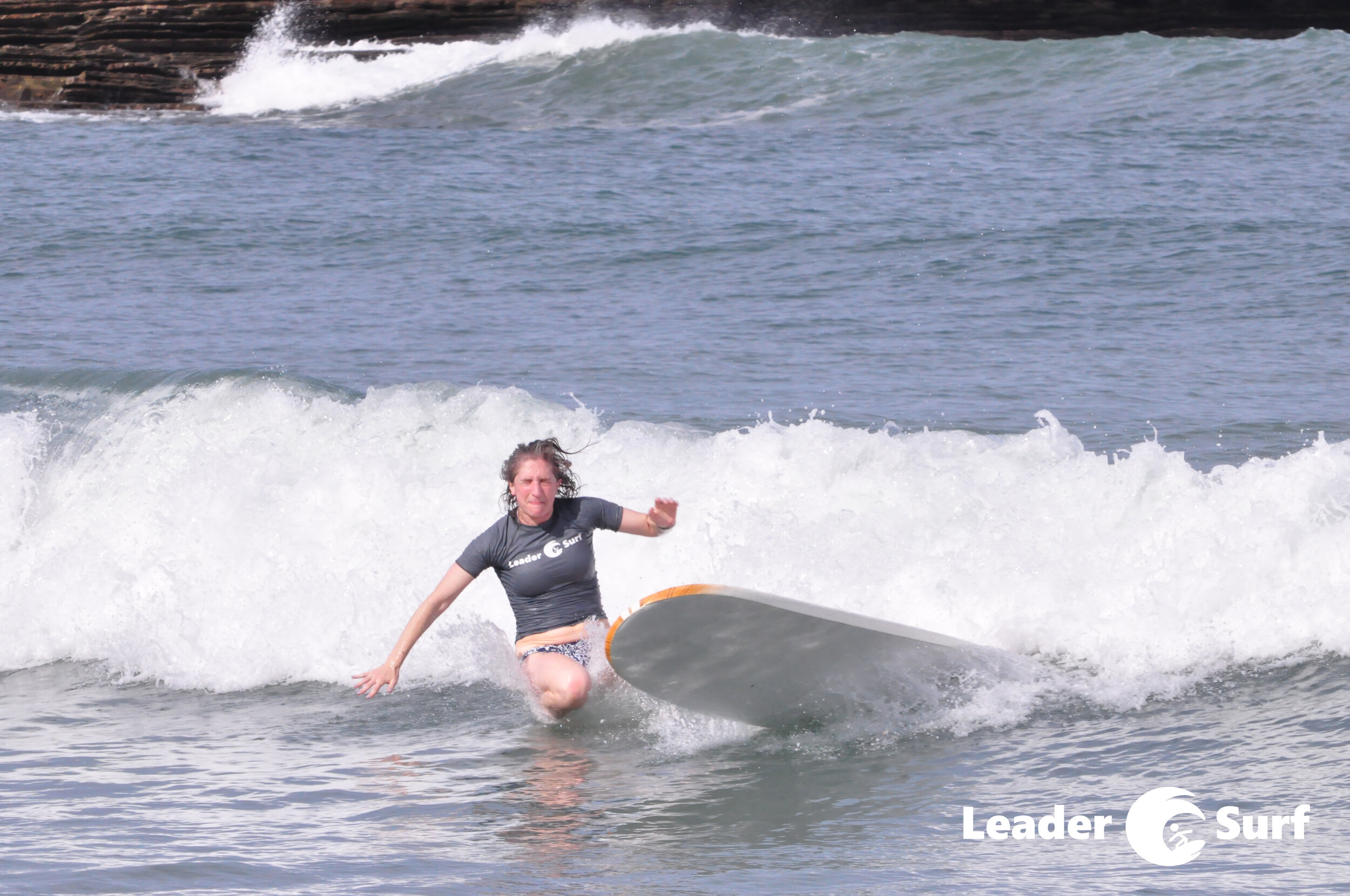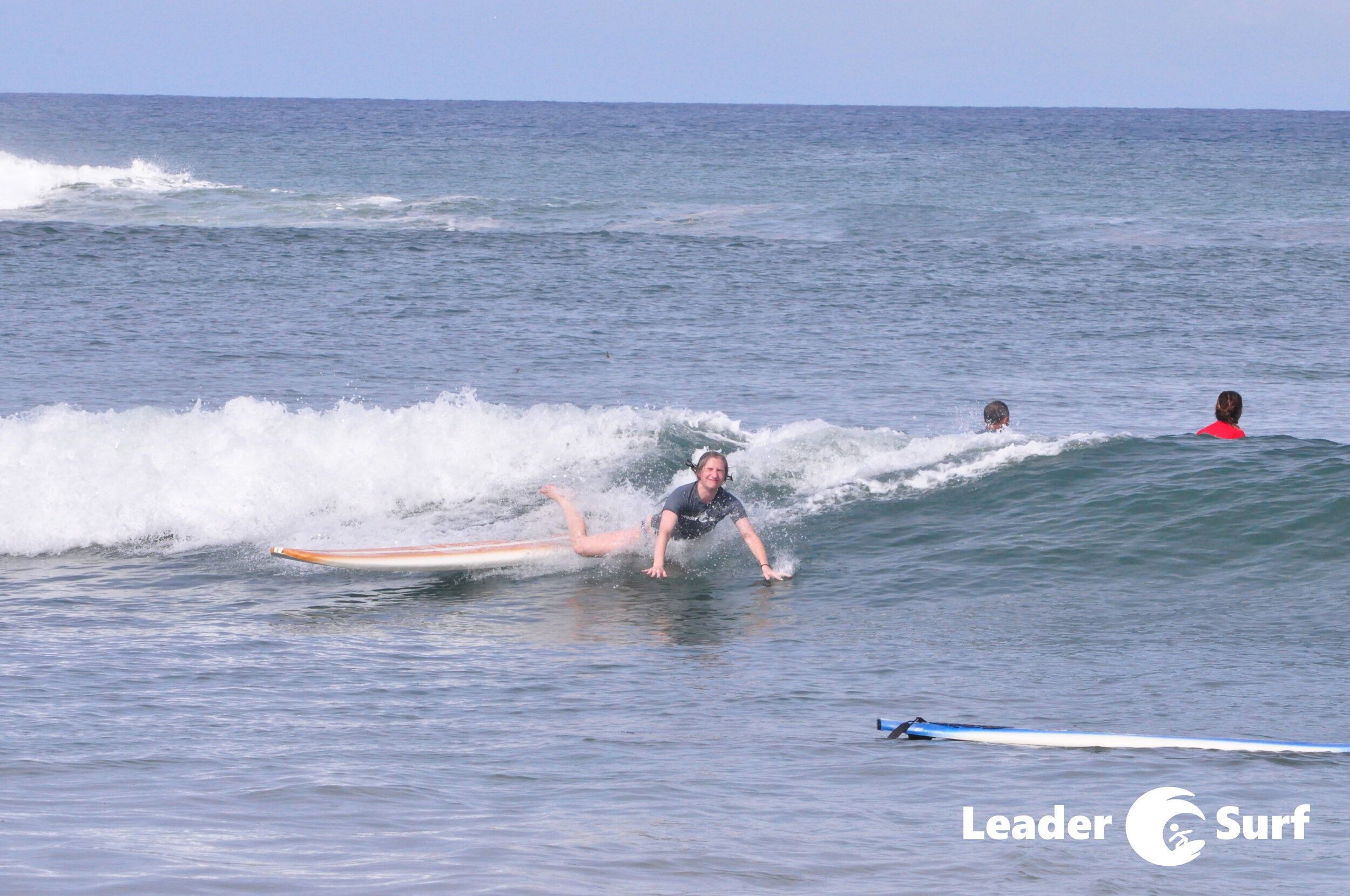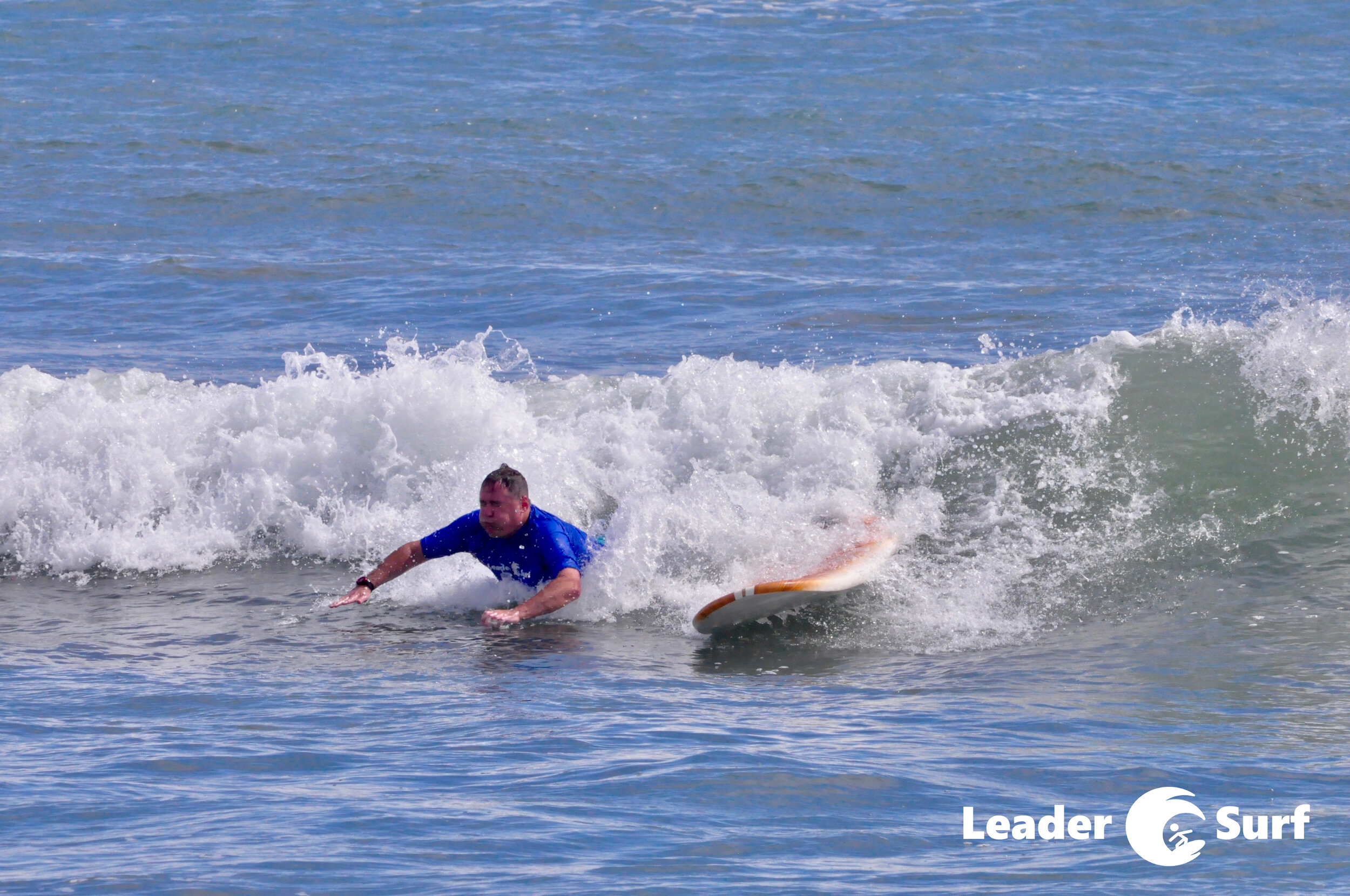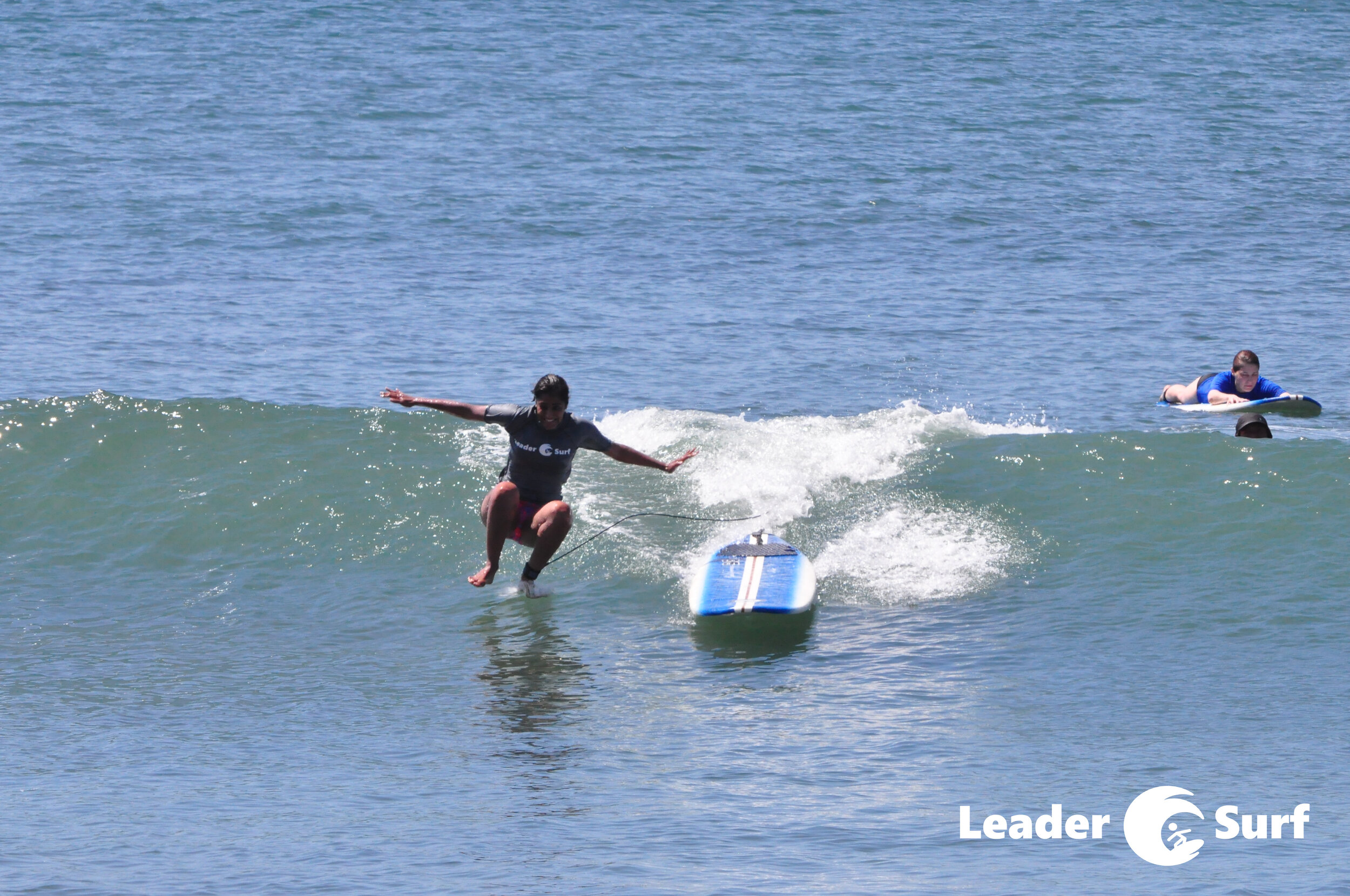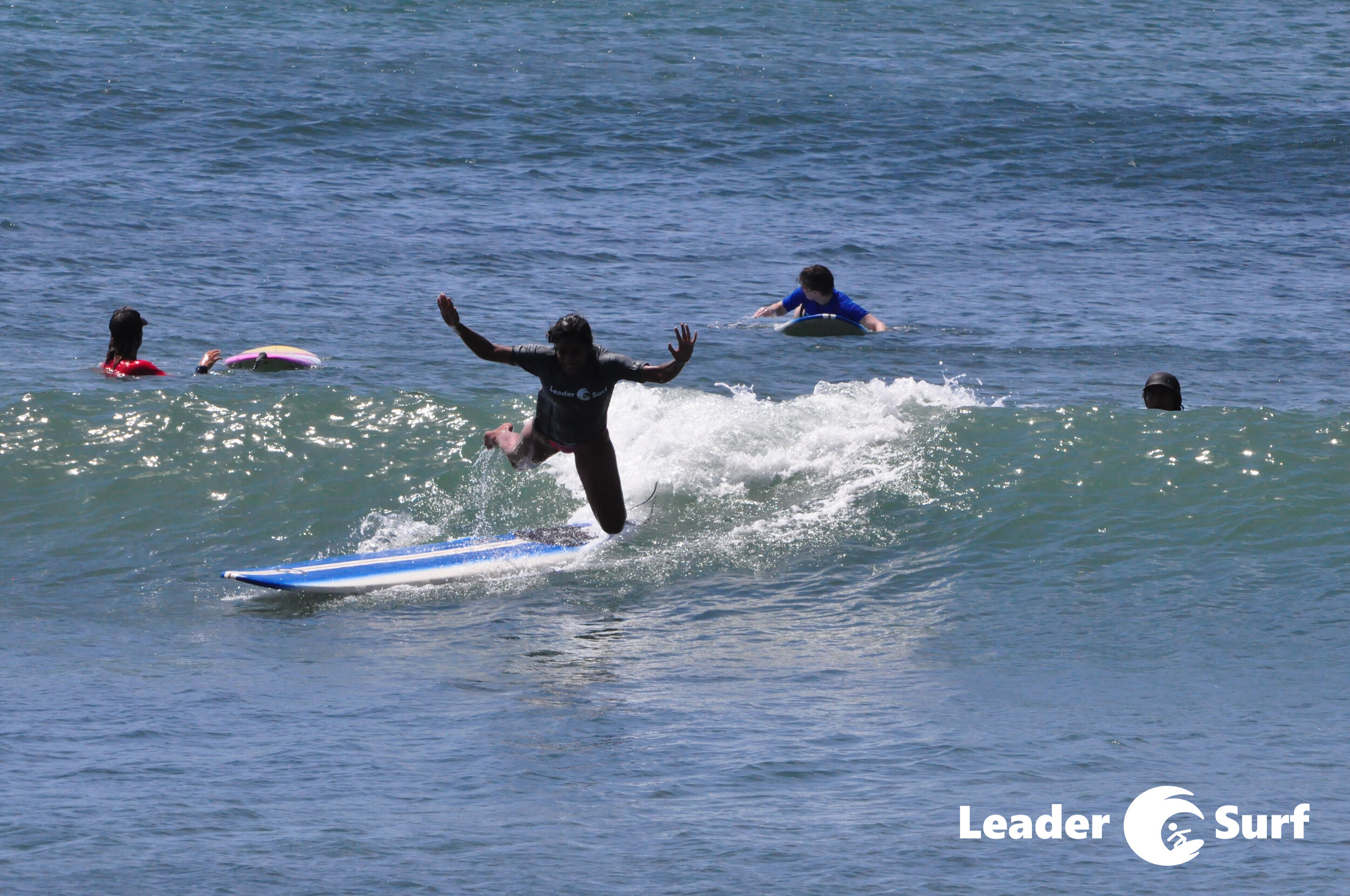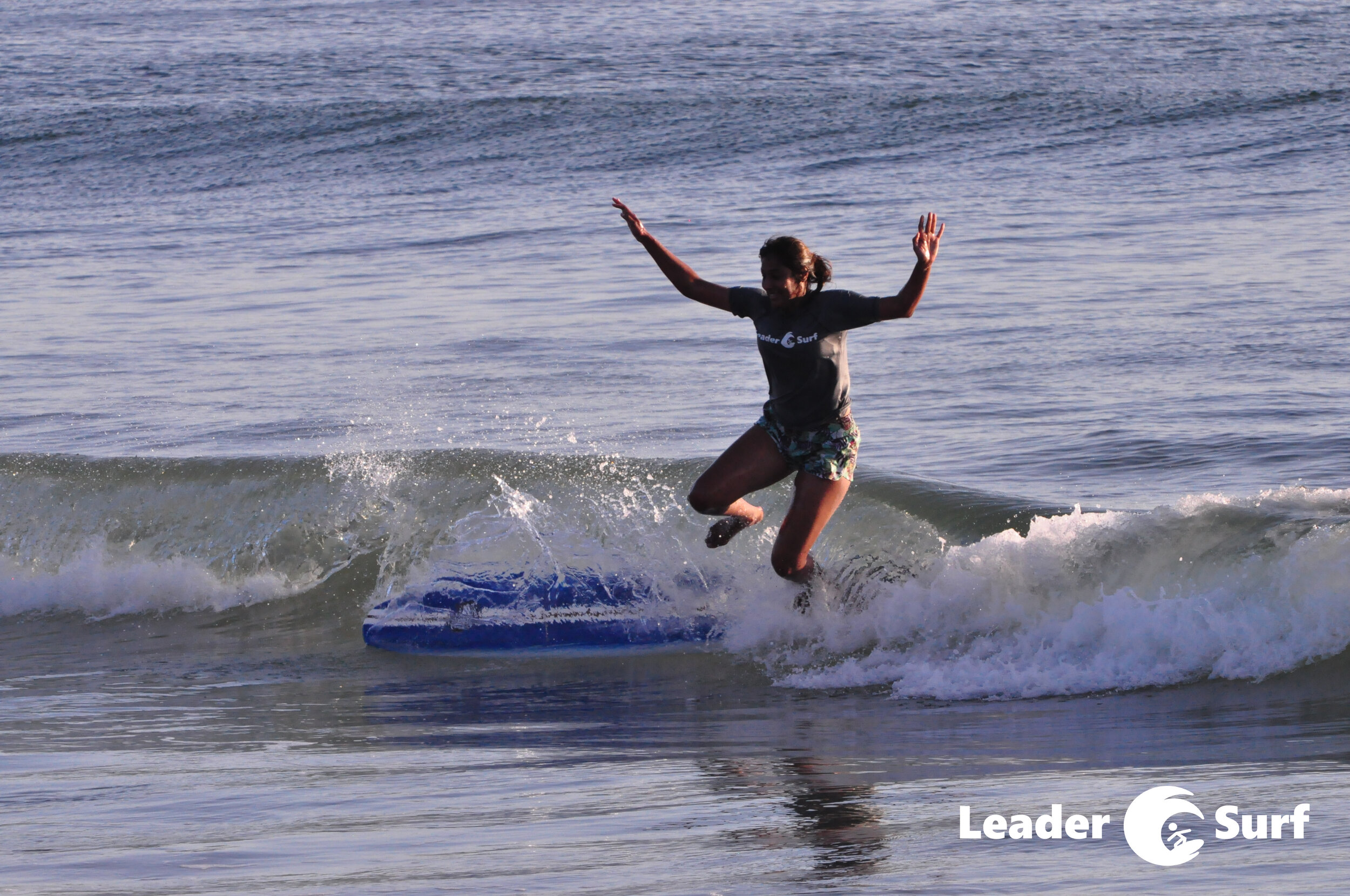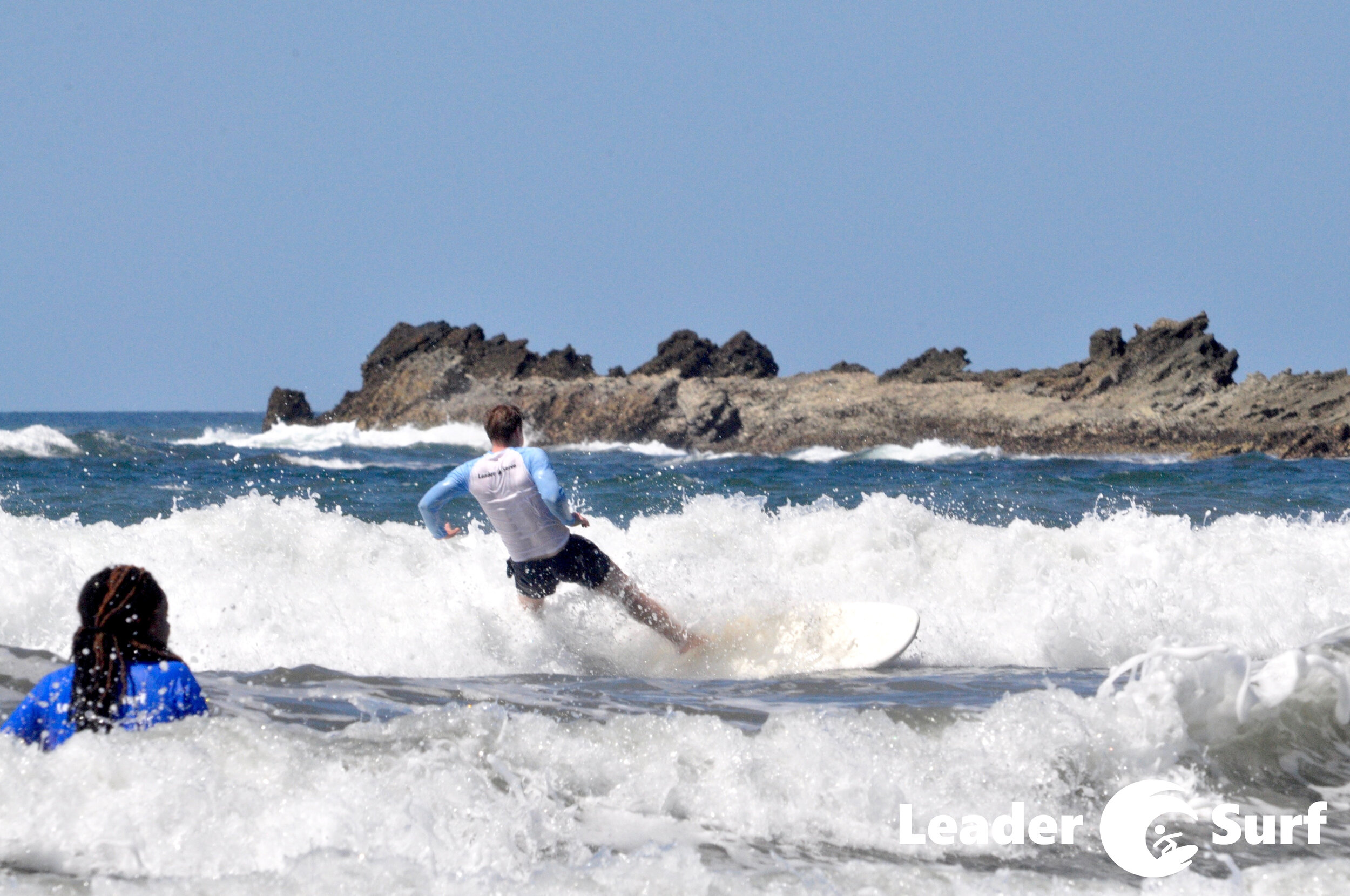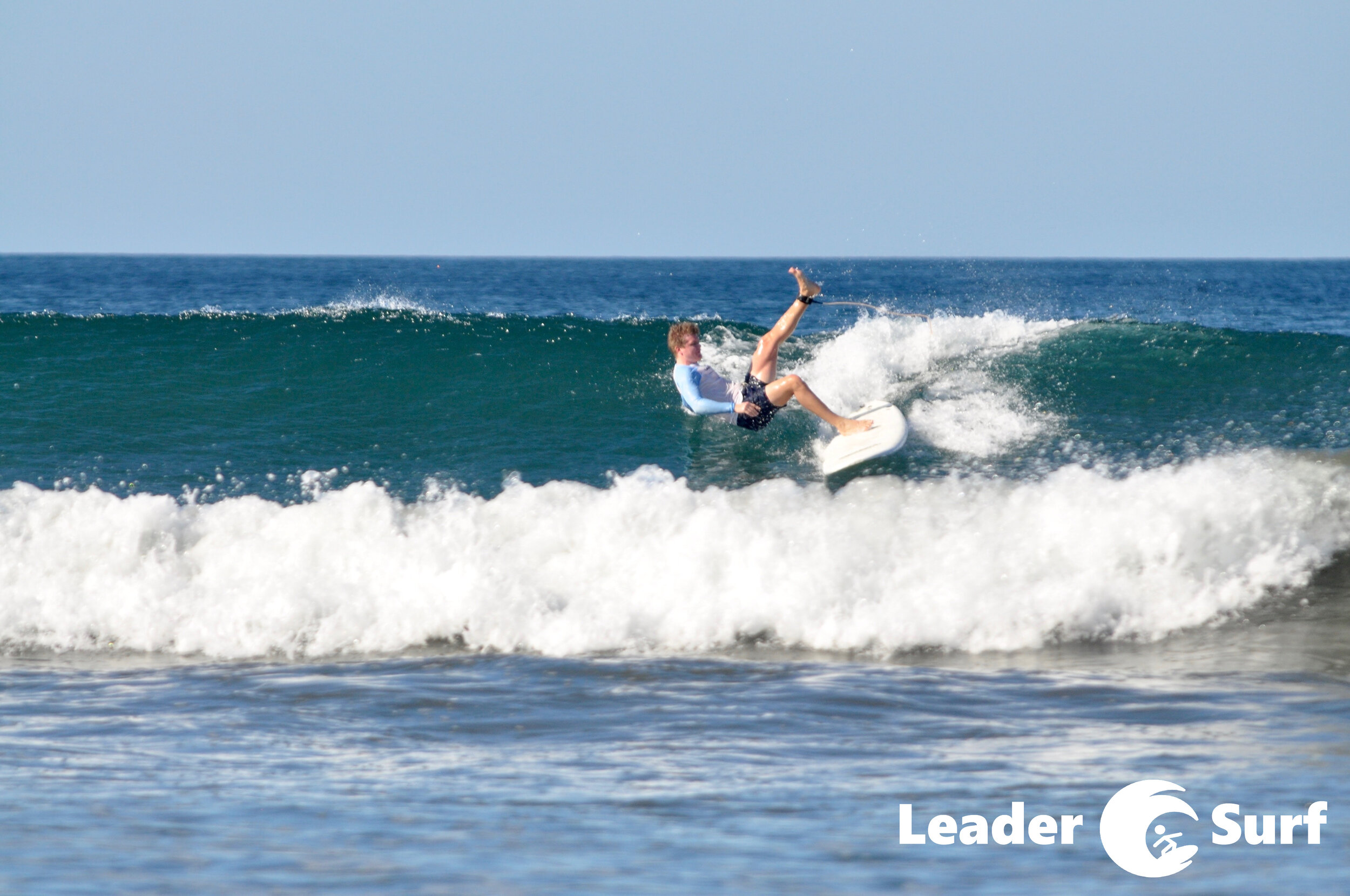Surfing requires a willingness to be vulnerable
Vulnerability is a key to growth
We can only grow when we are willing to allow ourselves to be vulnerable and to push outside our comfort zones. This is a tough concept for successful people to embrace. Success tends to expand the comfort zone and makes people increasingly reluctant to exercise vulnerability. Those that don’t allow themselves to be vulnerable limit their ability to learn. Those that are willing to be vulnerable, don’t appear weak to others which is a common internal misconception. In fact, showing vulnerability makes people more human, more approachable and more humble. These are important leadership characteristics.
Today we have all been thrust into an uncomfortable and vulnerable situation. The Coronavirus pandemic has changed our world. It has closed business, severely damaged the global economy and forced us to socially distance ourselves. These are uncharted times for the entire world. What the current situation requires of all of us is resilience.
By definition, resilience is the capacity to adapt from negative change and to recover from it as quickly as possible. Our personal resilience and that of our society is currently being tested in a big way. For several years I have taught leaders to be more resilient. I see it as an important leadership skill. I have always believed that an organization is only as resilient as the people leading it. Teaching business leaders to be resilient is a tricky proposition because it requires forcing them into a position of vulnerability.
So how do you teach successful people to be more vulnerable? Having studied this for several years I found this simple model to be helpful. The learning zone exists when people allow themselves to be uncomfortable and to try new things. The learning zone is not static, it is fluid and requires that people recognize how they are reacting to various new situations. When the positive eustress becomes too great that learning zone gets overridden and turns into the panic zone. This is where distress takes over and an individual freeze up of chooses to quit.
When kicking off the LeaderSurf experiential learning program, we ask the following question of all participants during introductions:
“When was the last time that you learned a new physical skill?”
For a group of seasoned business professionals, this is usually a difficult question to answer. Participants quickly recognize that in most cases it has been several years since they learned a new skill. Some will say they tried something new, but only once or twice. They never committed the time and energy to learn the skill. The reason for not pursuing it further is usually that the challenge was a turn off and that they did not see the benefit of learning the new skill outweighing the time, discomfort and effort required to build the physical skill. The underlying reason that people don’t learn new physical skills as they get older is a desire to appear invulnerable. Our society has made vulnerability synonymous with weakness.
So why would we kick off a leadership development program with a question about learning a new physical skill? It is because being vulnerable is where we learn. If participants are going to commit to the week ahead and go home better leaders, then they must be willing to be vulnerable. Getting the entire class to commit to being “comfortable being uncomfortable” during the week is an important component of the program orientation. Author and speaker Brene Brown says, “Vulnerability is the birthplace of innovation, creativity and change.” The LeaderSurf leadership development program is focused on helping leaders to tap into their creativity, their self-awareness their power and their ability to influence others. Vulnerability is critical to unlocking these super powers.
During the LeaderSurf program we tap into the power of self-awareness by discussing individual super powers and what each person has as their kryptonite. The superman analogy has been something I have used in coaching executives for years. Superman is the ultimate super hero because he is the only one who openly shares his weakness with the world. He believes in the goodness of humankind and believes that people will shield him from his weakness. Sharing ones weakness is actually a sign of strength and comfort with who we are as individuals, because we all have weaknesses. Through psychometric assessments, mindfulness activities, sharing business challenges and reflection activities we get program participants to embrace being vulnerable. It helps that the program is hosted in a tropical paradise in Costa Rica.
The most impactful way that we model vulnerability is through the daily surfing lessons. Surfing is a really unique sport in that it is one of the only sports that even the best professionals fail each and every time they perform. Wiping out is an important component of surfing. In fact, during the first surfing lessons in the program, trained and certified instructors teach participants how to wipe out properly. Failure can take lots of different forms, but in surfing there is even a right and wrong way to fail. The starfish fall is advisable over the head first into the sand fall. Over the course of five days the executives who attend LeaderSurf spend 90 minutes per day taking surfing lessons. It is amazing to watch the progress over the few days. From absolute beginners who have never surfed before to competent wave riders. This transformation occurs because participants allow themselves to suck at something and to commit the time and effort to get better at it. We believe that learning to surf serves as a great metaphor for learning to be vulnerable and learn new skills. Modeling this behavior can then be applied to leading others, leading oneself, driving innovation and dealing with adversity.
While everyone like to see photos of people riding waves, sharing images of our participants wiping out and highlighting their vulnerability tells a much more powerful story.
As we navigate the Coronavirus pandemic, we all must face our vulnerabilities, exercise compassion and look as this as an opportunity to learn and grow. Through this challenging time we will re-emerge more resilient and more capable than ever.
Be safe, be well and be resilient.





